Academic Year 2024-2025
Jerron Chan (2024-present)
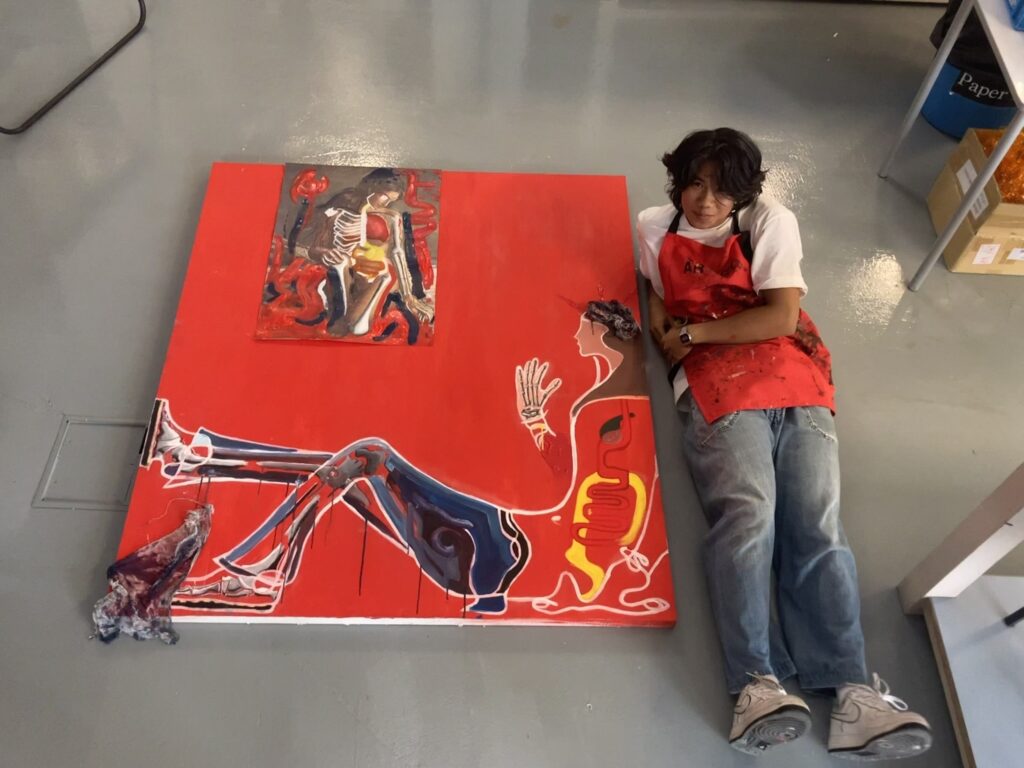
Jerron is a third year at Wes majoring in Neuroscience, Psychology with a minor in Chemistry. Interested in a holistic approach to medicine, addiction, psychiatry, and palliative care, he hopes to pursue a career where scientific research can be applied to improve people to people relationships and societal wellbeing. Jerron is from Hong Kong and loves cooking, rock climbing, and anything else that may inspire adrenaline. Through his writing, Jerron hopes to bring a variety of different perspectives to STEM communication in order to bring scientific epistemology and stories of marginalised groups to the forefront.
Evelyn Grandfield (2024-present)
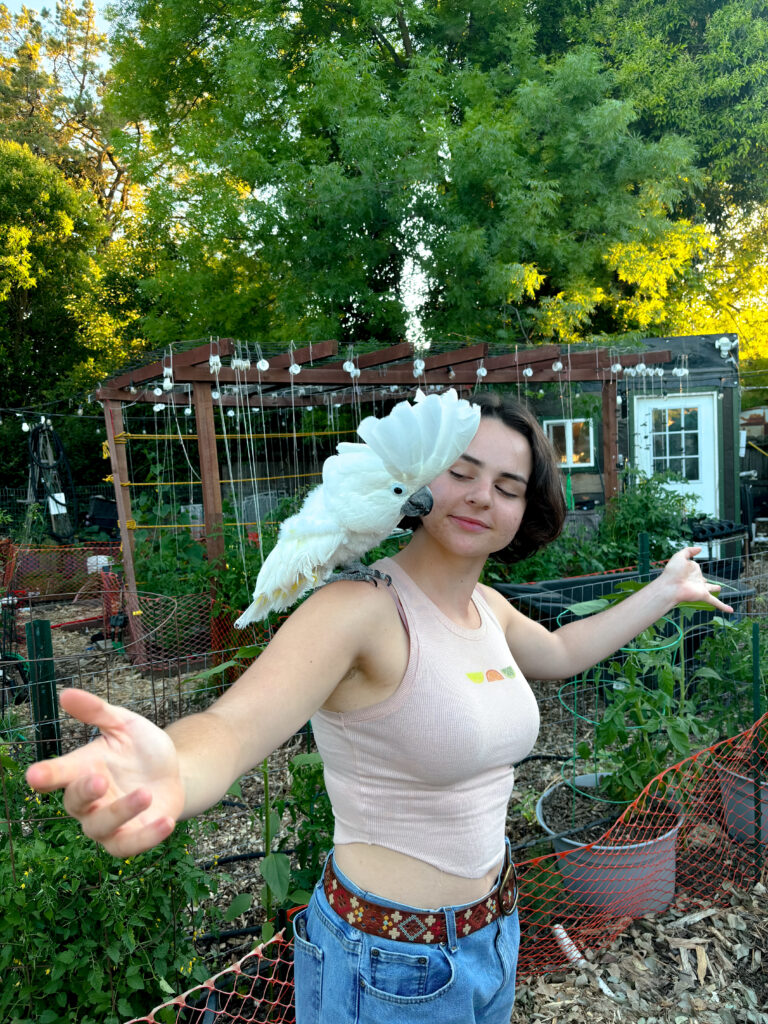
Evelyn is a senior with a double major in Physics and Science and Technology Studies. From Northern California, Evelyn plays water polo and loves to be in the water in any capacity. She is interested in how physics research is shaped by policy interests, land resources, and the culture of the field, and she wants to work at the intersection of statistical work and legal advocacy. There is a heavy burden on underrepresented students to carve out a new space in their field, and she wants to highlight the diverse researchers who have found success at Wesleyan.
Miki Katagami Lynch (2023-present)

Miki is a second-year coming from Manila, Philippines. She is planning on majoring in molecular biology and biochemistry. Interested in pursuing a pre-med track, she hopes to learn more about the sciences as well as about women’s health and equitable medical care. By writing for Inclusion in STEM, she hopes to hear from diverse individuals from different STEM fields and learn how their background has shaped their perspective and scholarship.
Isaac Moss (2024-present)
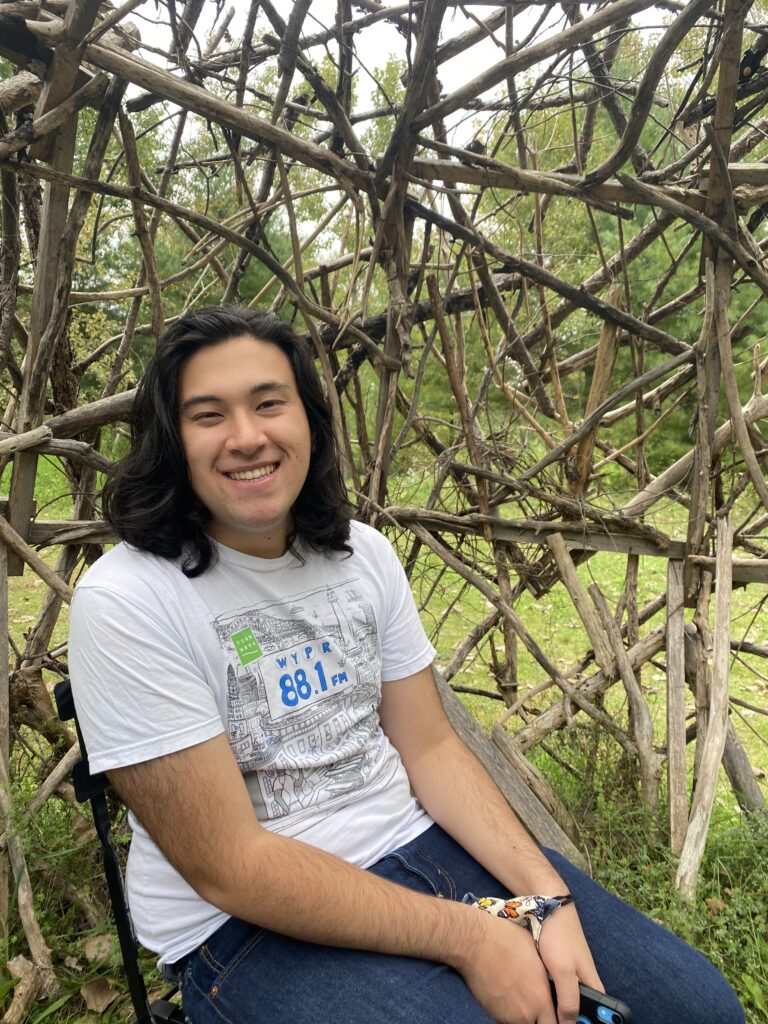
Isaac is a senior from Baltimore, MD, studying Physics and Feminist, Gender, and Sexuality studies, with a minor in Religion. They are interested in a career in science communications–specifically focusing on bridging the gap between scientists and the communities that they serve. While not working at Long Lane Farm and WESU, she writes about the intersections of queer theory and science and researches molecular collisions in the Stewart Lab. Isaac hopes to use her writing to further connect science and the humanities while highlighting oft-overlooked minorities in both fields.
Isabella Polyn (2023-present)
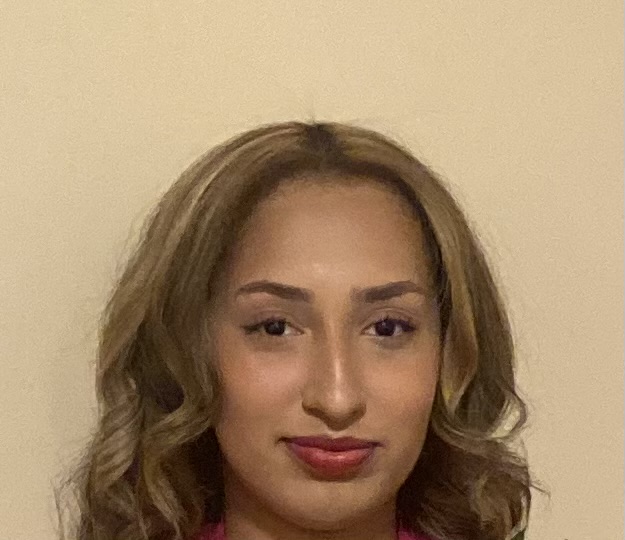
Isabella is a first-year student from New Jersey. She is passionate about discovering innovative ways of intertwining the arts and sciences. Isabella hopes to charter a future of STEM that celebrates diversity. She looks forward to engaging with the STEM community at Wesleyan and spreading awareness of their accomplishments to the larger campus community. Through Inclusion in STEM, Isabella aspires to use the strength of journalism to empower students to actively engage in the field and to approach their prospective careers with confidence.
Vandana Ravi (2024-present)
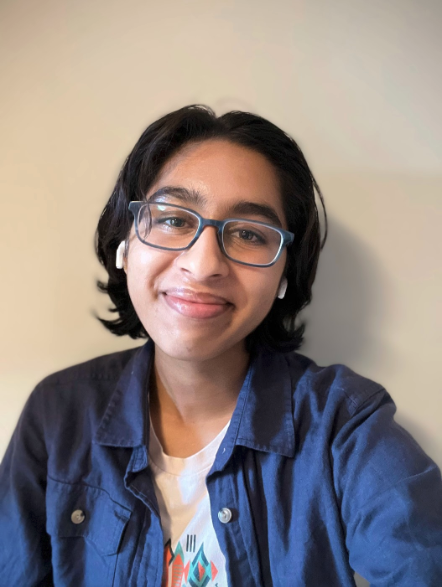
Vandana is a first-year at Wesleyan planning on studying neuroscience and English. She is a poet and lab rat with research experience studying worm brains. She likes to think about science as the art of asking good questions, and she’s interested in how including diverse voices in STEM can make the questions we ask (and the methods we use to answer them) more interesting, creative, and innovative. Through her work at Inclusion in STEM, she hopes to get student scientists excited about all the new possibilities their unique experiences could bring to their fields of interest.
Shalyna Said (2024-present)
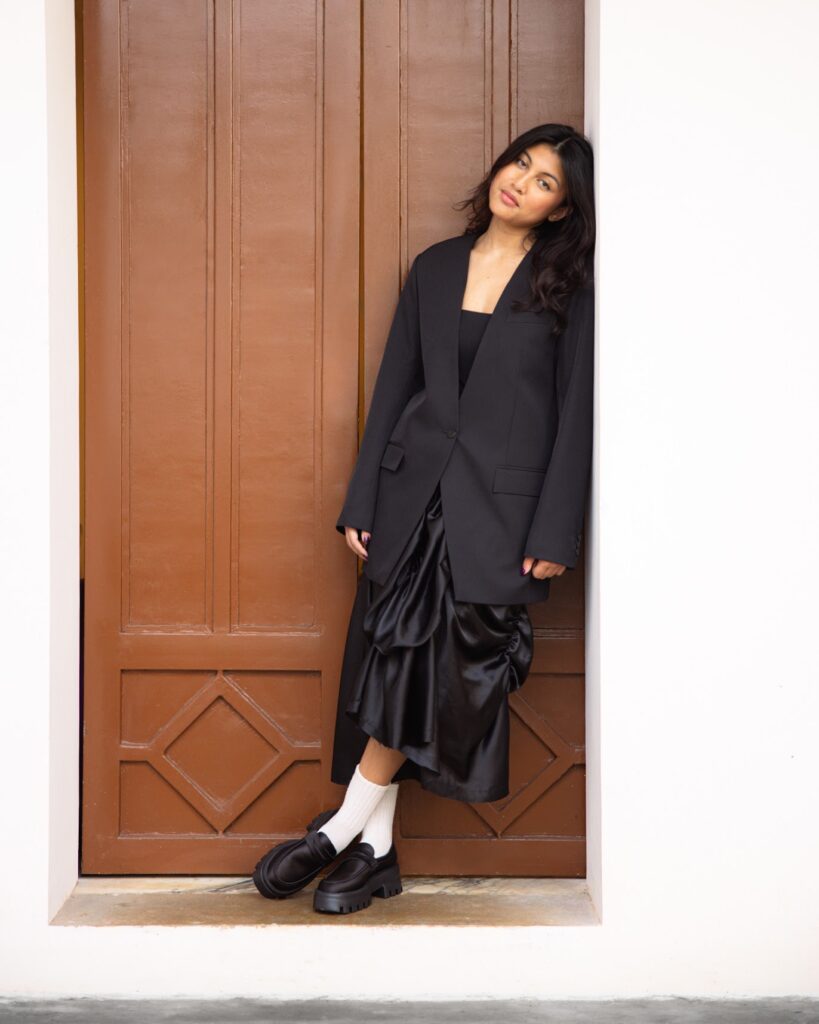
Shalyna is a second year at Wesleyan planning on studying Neuroscience, Chemistry, and Science and Technology Studies. Coming in from Indonesia, She has witnessed many barriers within the STEM fields, specifically for international students here. Through Inclusion in STEM, Shalyna hopes to highlight diverse voices, highlight inclusivity, and empower students to engage within the STEM field and community here. Shalyna hopes to pursue a career in medicine and scientific research where she can thrive and empower other students of color.
Aidan Trendell (2024-present)
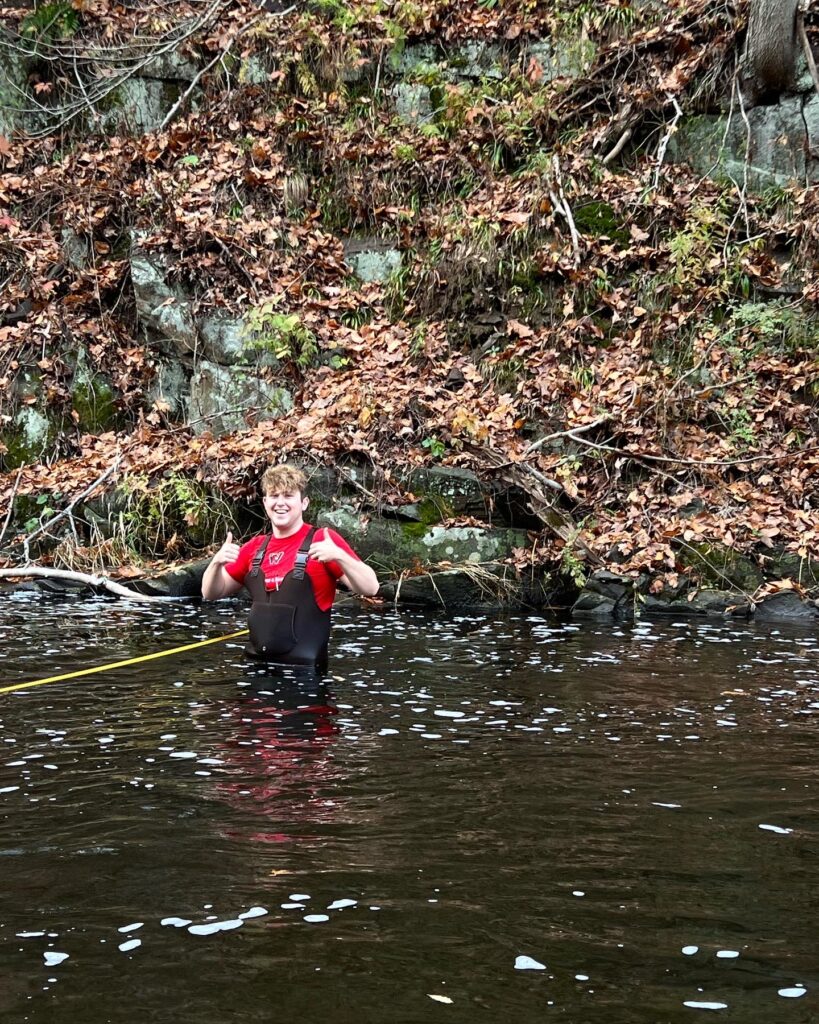
Aidan is a senior majoring in Earth and Environmental Science as well as the College of Integrative Sciences. He is from Providence Rhode Island where he grew up spending a lot of time in and around the ocean. His love for the ocean has led him to geosciences and the subfield of paleoceanography where he can combine his interests in history with the past of the natural world and ocean. He is interested in historical examinations of science and their impact to help chart a better path forward for different science disciplines. By working for the Inclusion for STEM Initiative he hopes to examine and interrogate the colonial and imperial implications of science particularly the implications of Wesleyan Science. By deconstructing these colonial ties and narratives we can help make science more inclusive.
Previous Years
Rosie Hassel (2023-2024)
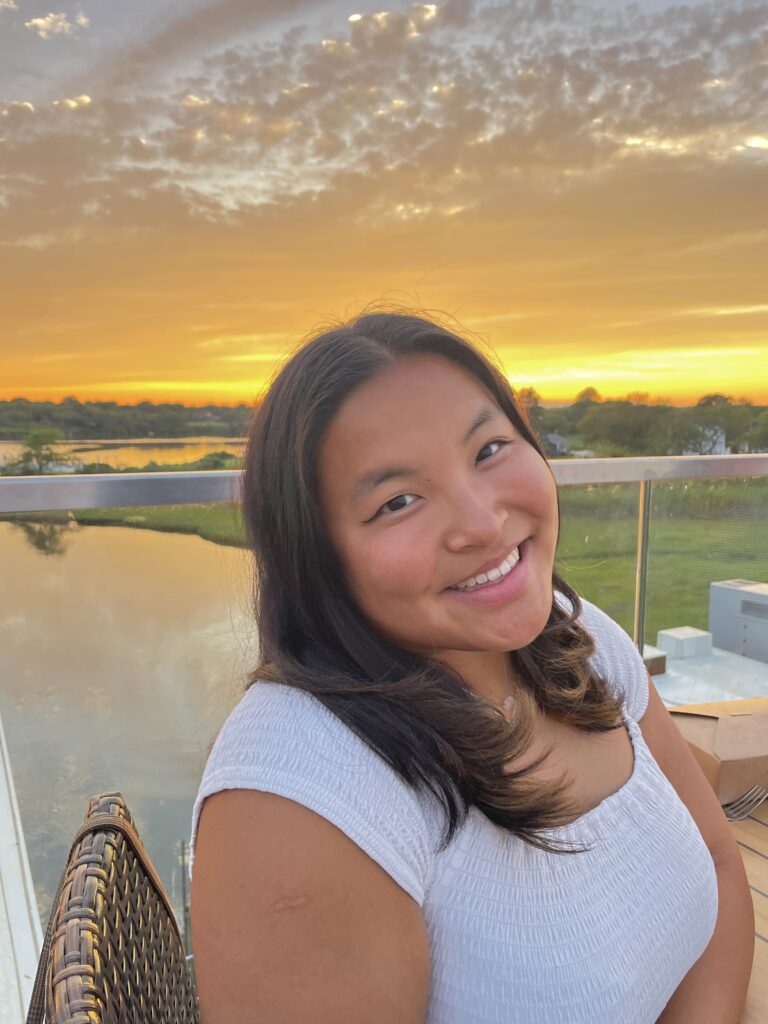
Rosie is a senior majoring in English and Religious Studies from Providence, Rhode Island. Her passion for the sciences originates from her initial pursuit as a Math and Physics double major and she hopes to reapply her passion in the CIS Inclusion in STEM Initiative. For the past three years, Rosie was the column leader of Arcadia Political Review’s social justice section. She hopes to continue her work in the social justice sphere and further aid people’s understanding of diversity and inclusion, drawing connections between the inequities of the humanities and sciences.
Erin Readling (2023-2024)
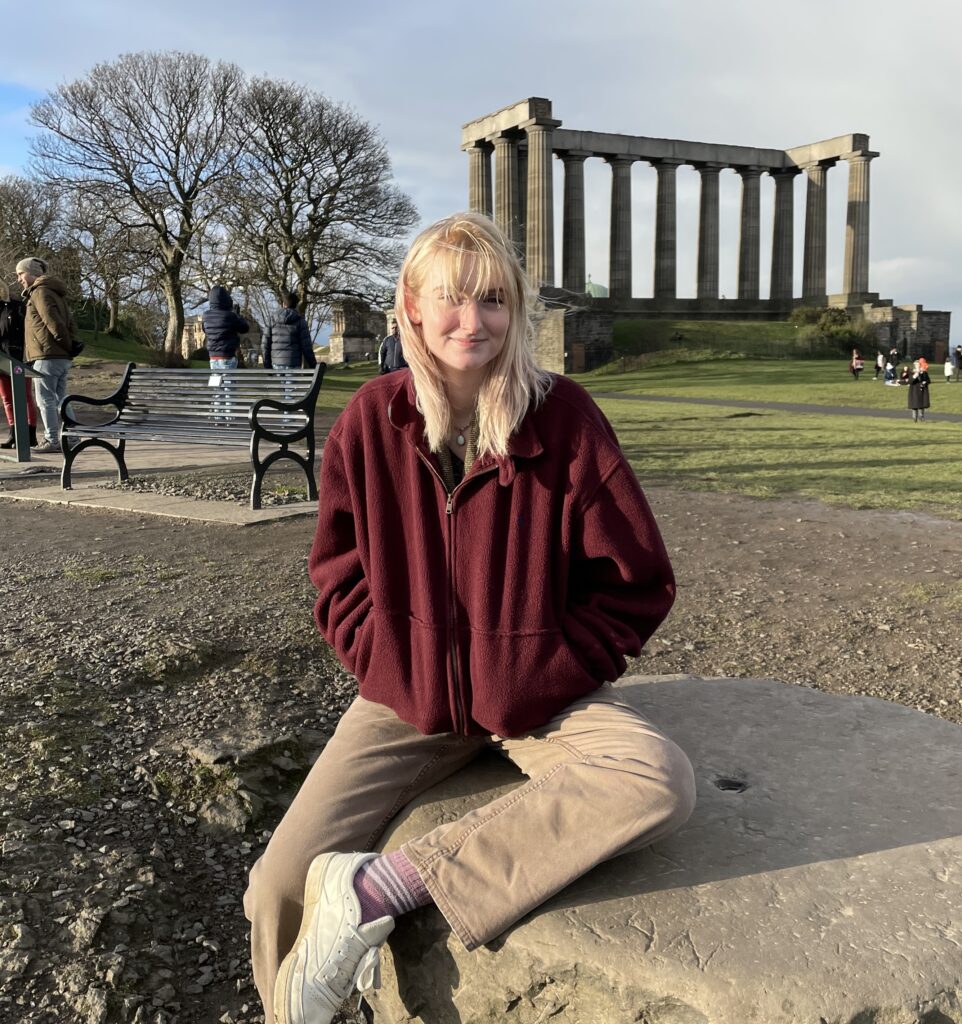
Erin is a senior physics major and ed studies minor from Davidson, North Carolina. Her focus in STEM education is fueled by a desire to make STEM spaces more inclusive and accessible as well as a belief in the importance of public science communication. She works with Dr. Candice Etson to study trends within students learning introductory physics and develop alternative pedagogies to target specific foundational skills. In writing for CIS Inclusion in STEM, Erin hopes to create resources for present and future underrepresented students in Wesleyan Science as well as highlight people at Wesleyan who are working to make inclusive spaces.
Madeleine Dickman (2022-2023)
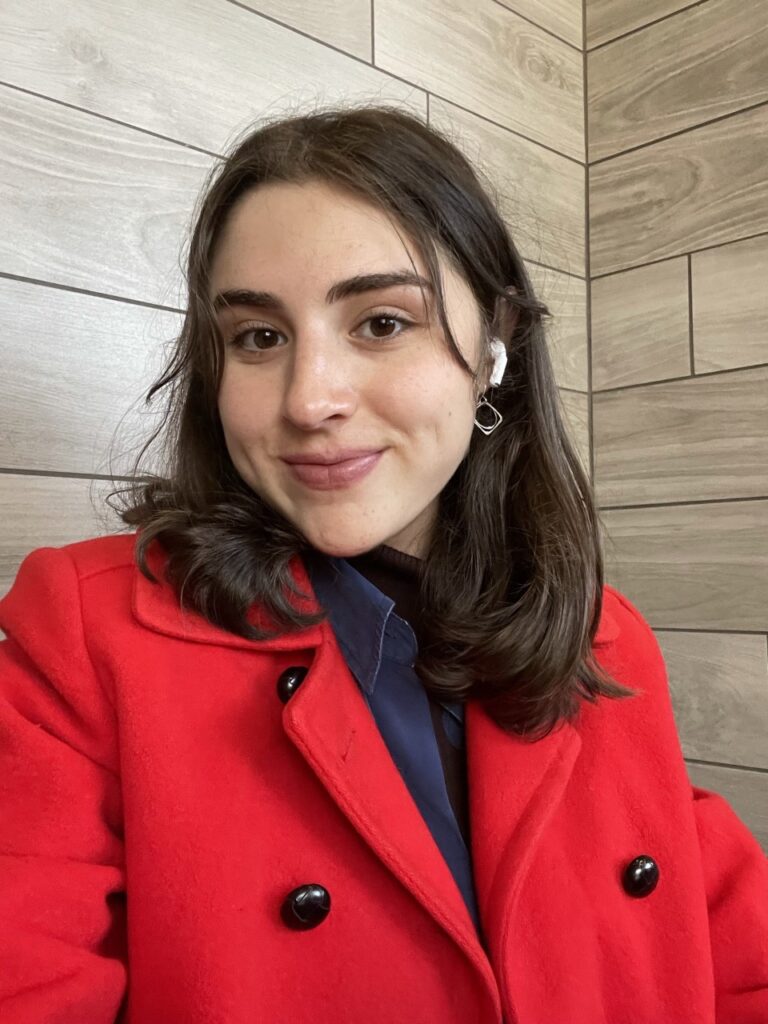
Madeleine is a rising senior majoring in biology and minoring in environmental studies. She is a leading member of the Wesleyan Women in Science (WesWis) Steering Committee and has worked as a course assistant in the biology department. She is interested in the ways that biology can be harnessed to make a positive impact on the planet and aid in the effort to repair human-caused damage to the earth. She is excited by the idea of using nature-based solutions to make existing agriculture and food systems more sustainable and aiding in efforts to conserve natural ecosystems.
She is also passionate about making sure that science and STEM-adjacent fields are accessible and inclusive places for all. Through her work on the WesWis steering committee she has helped make Wesleyan a more welcoming space to historically-underrepresented groups in science.
Rachel Wachman (2022-2023)
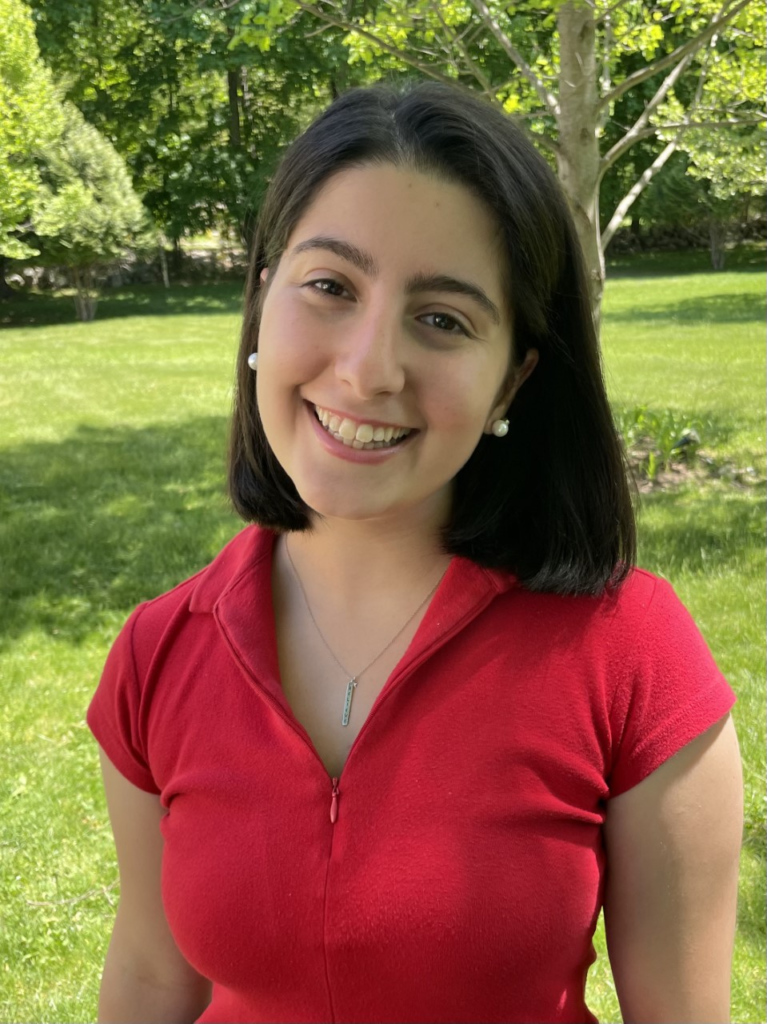
Rachel Wachman is a junior double majoring in English and French and minoring in global engagement. She is the managing editor of The Wesleyan Argus and works as a project assistant and reporter for University Communications, in addition to being a sports writer for Athletic Communications and a science journalist for the College of Integrative Sciences.
Sophie Wazlowski (2020-2022)
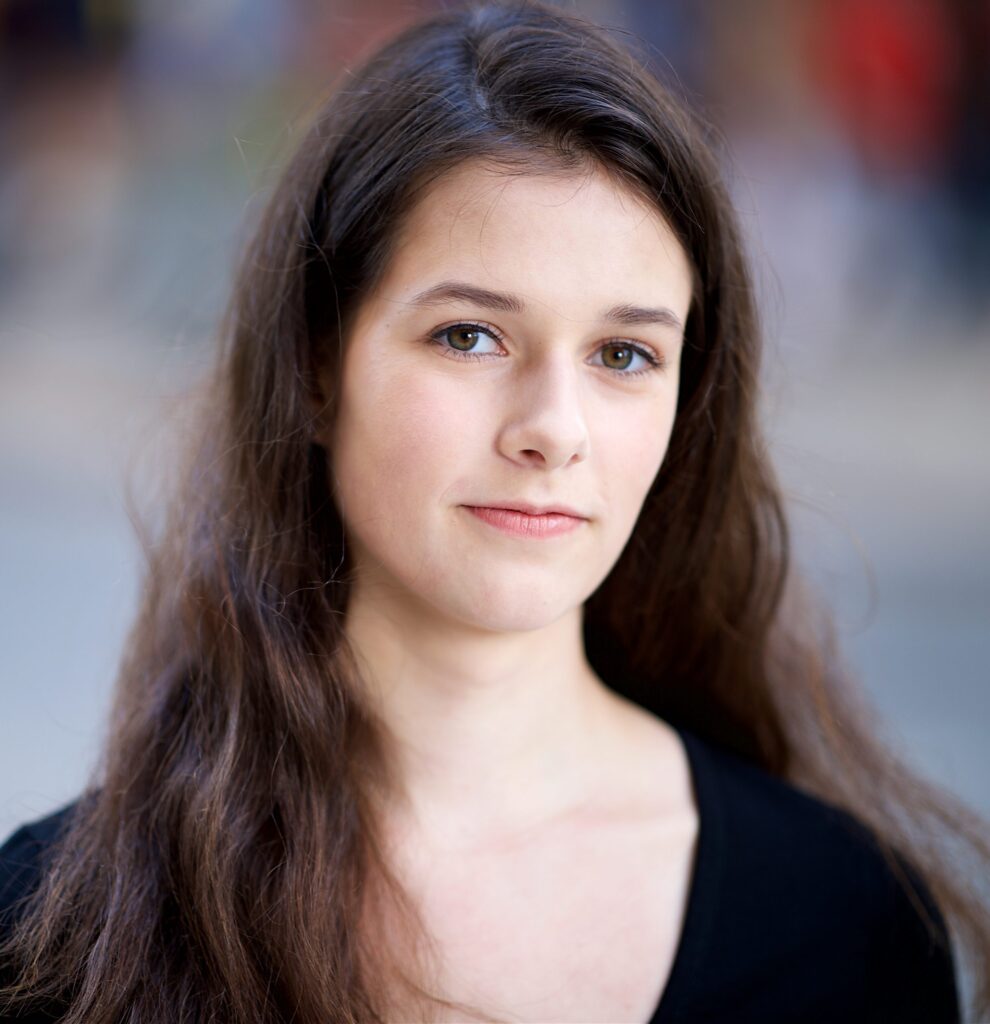
Sophie Wazlowski graduated in 2022 majoring in Chemistry and English. On campus, she wrote actively for The Wesleyan Argus and joined the Northrop Lab where she investigated the properties of vinyl sulfone Diels-Alder reactions. Although originally from Connecticut, Sophie now lives in New York City, where she graduated high school from Avenues: The World School. She plans to pursue a graduate degree in chemistry.
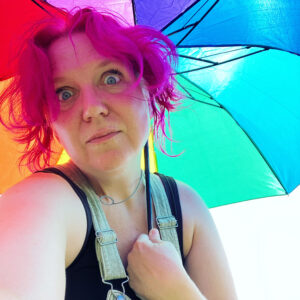
The Inclusion in STEM website is overseen by Anika Dane.
Anika Dane, MALS ’19, is an academic, advocate, and mentor. Her educational background is in the arts, sociology, and feminist studies. She has worked at Wesleyan for over fifteen years, supporting multiple science departments and programs. Anika’s research interest is in the intersection of pop culture and mental health.

